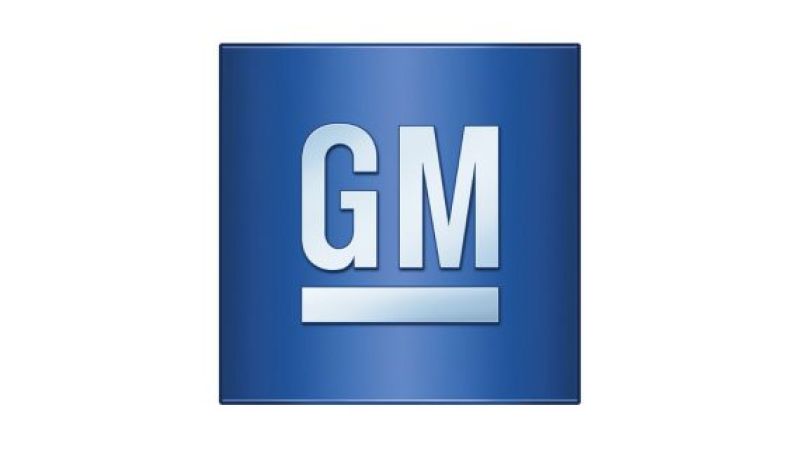"We will continue to work around the clock and are optimistic that a deal can be reached before the deadline, however investment and product must part of any agreement," said Unifor National President Jerry Dias. "A strike should be no surprise; we have been clear since day one that the future of auto is our priority."
American workers are on edge because any walkout at GM Canada would be felt almost immediately. Workers at GM, in Canada, make several key engines that are used in the profitable Silverados, Tahoes and Camaros. Any shortages would quickly shift American plants into park.
The major sticking point in the negotiations is that Unifor wants a guarantee of a new product to be built at the Oshawa plant, past 2019. The union is concerned that the company may close it because the vehicles that are currently being built there have been shifted to other plants. GM has said repeatedly that it will not decide on product placement until after a Canadian contract is settled.
In a statement, Unifor says “If GM does not offer investment and product to secure good jobs in Canada by the set deadline, Unifor members at the GM Oshawa, St. Catharines and Woodstock plants will set up picket lines. Other key priorities in the negotiations include: improvements to the new hire program, wage increases and payments for a targeted group of retirees.”
GM is only referring to its comment made at the start of negotiations, they are working toward a "mutually beneficial and competitive new agreement."
This contract talks come at a time when Ford is shifting small car production to Mexico because the wages are so much lower. Fiat-Chrysler is foregoing building small cars altogether. All of the automakers are attempting to be more nimble about where they can shift production to try and remain profitable.
The Canadian GM plant at St. Catharines produces transmissions as well as V-6 and V-8 engines. The V-8s are for the popular trucks like Chevy Silverados and GMC Sierras, as well as the top selling SUVs like Chevy Tahoes and GMC Yukons. The V-6s power the Camaro as well as a number of SUVs like Buick Enclaves and Chevy Traverses.
Unifor says it represents 23,050 workers for the Detroit Three. The union selected GM because that is where they have the biggest concern over future jobs. Any settlement with GM will be used as a pattern for contracts with Ford and Fiat-Chrysler.
Set as google preferred source











